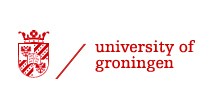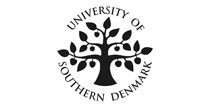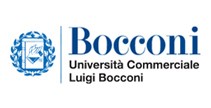Programme
Sustainable Biotechnology
Award
MSc Sustainable Biotechnology
University
Aalborg University
Duration:
2 years
Programme Outline
Mineral oil still constitutes the most important source of liquid fuels but is also an important raw material for the production of plastics, chemicals, pharmaceuticals, etc. During the coming decades we need to exploit alternative sustainable resources to compensate for the forthcoming depletion of mineral oil but also to deal with greenhouse gases and the associated climate effects.
Together with a number of other renewable resources, biomass will potentially constitute an important part of the future energy supply, but biomass will be the major substitute (and probably the only one) for oil as a feedstock for industrial processes. The conversion of biomass will take place in bio refineries corresponding to traditional oil-based refineries.
The processes will be based on microorganisms (fungi and bacteria) and microbial produced enzymes. Mineral oil will be replaced by agricultural residues, algae, industrial wastes from food production and other biomasses, which are converted into high value products such as biofuels, biochemicals for the pharmaceutical and chemical industry, and biological active compounds.
Based upon our strong background in international research in sustainability, biofuels, and the use of biomass as raw material in bio refineries we offer state of the art bachelor and master educations in sustainable biotechnology incorporating the newest technologies and scientific results within these rapidly expanding fields.
Entry requirements
Relevant undergraduate degree
Application Deadline: 01 May





